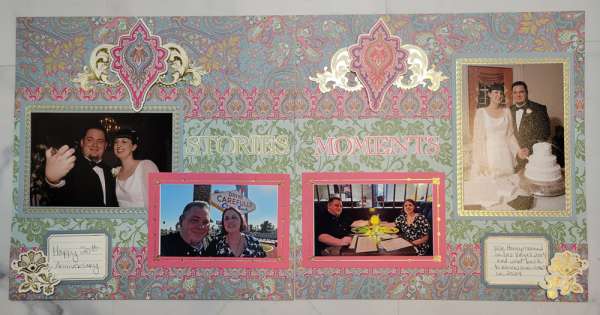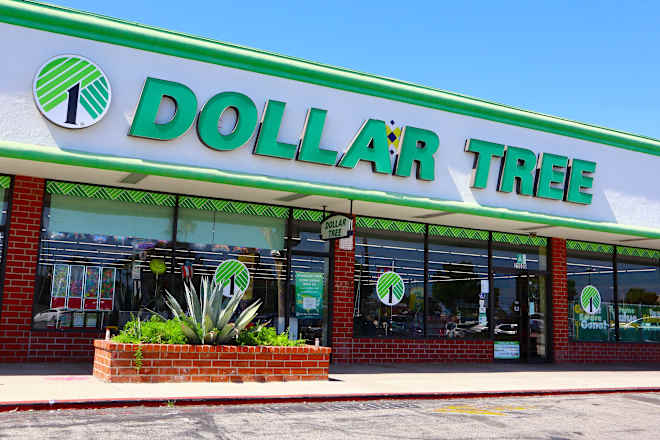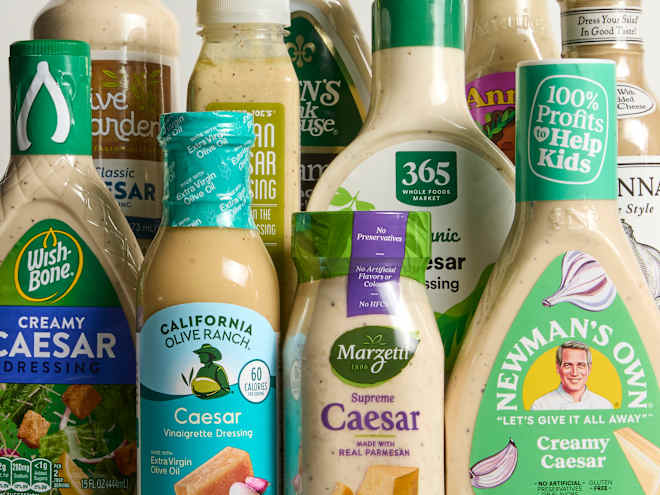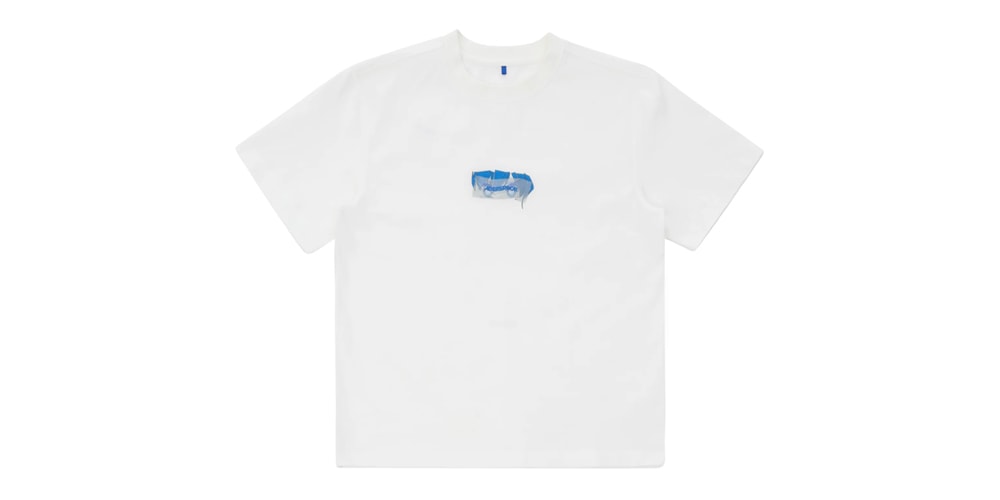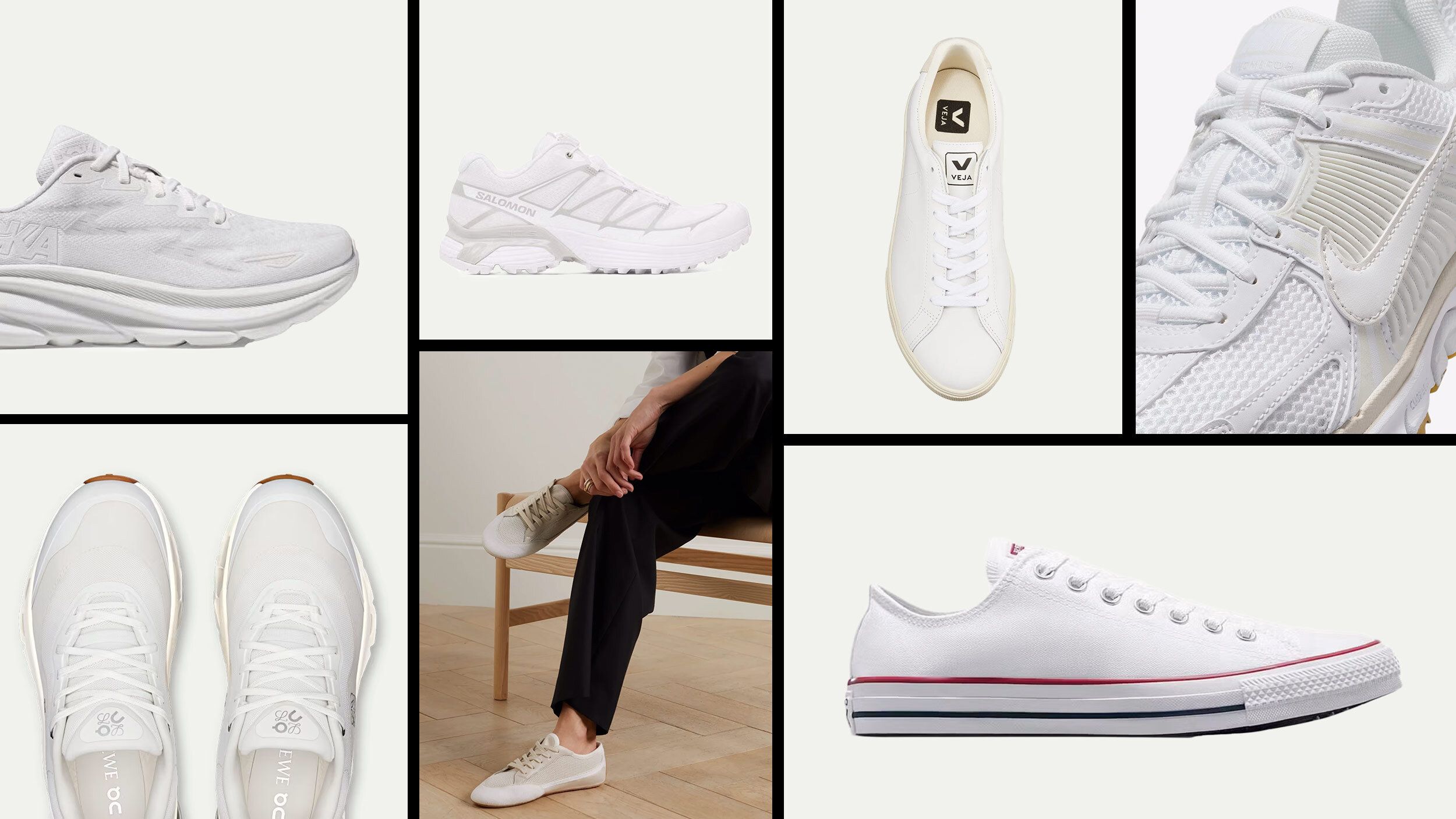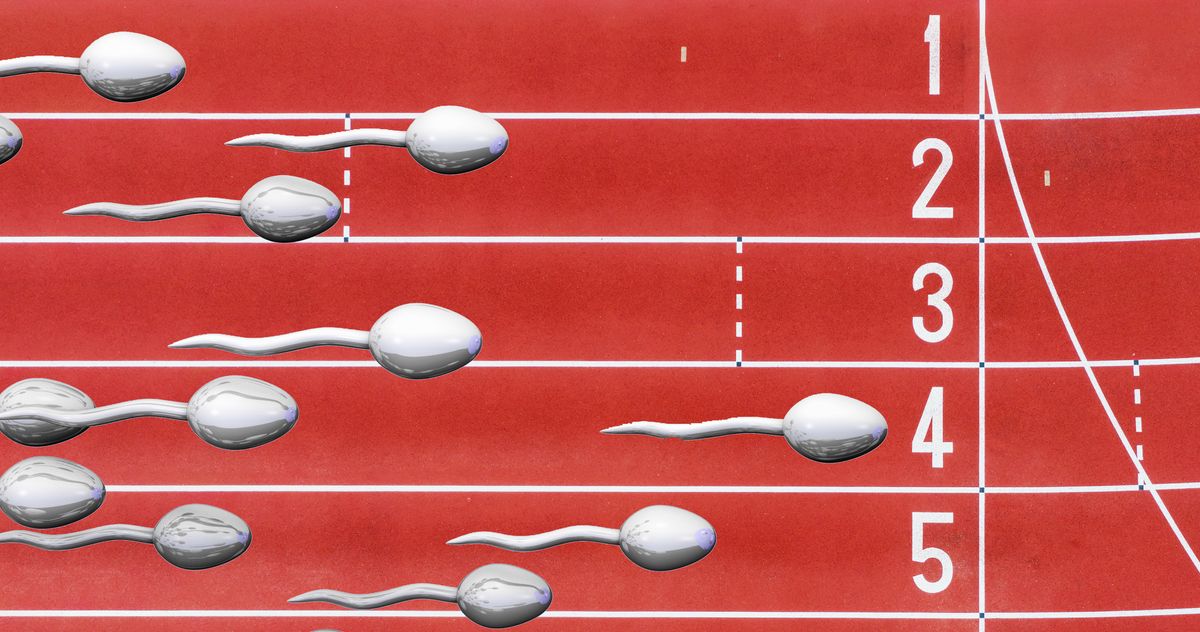How to avoid red flags with credit card issuers
Editor’s note: This is a recurring post, regularly updated with new information and offers. To participate in the points and miles hobby, you need to be able to use credit cards. That means being approved when you apply and keeping the credit cards open so you can use them for purchases. Nothing hampers this approach …

Editor’s note: This is a recurring post, regularly updated with new information and offers.
To participate in the points and miles hobby, you need to be able to use credit cards. That means being approved when you apply and keeping the credit cards open so you can use them for purchases.
Nothing hampers this approach more than banks shutting down your accounts, refusing to approve your applications or outright banning you from doing business with them.
But why would this happen?
Unfortunately, there are certain risk factors and red flags that run afoul of banks’ fraud departments, so avoiding these is in your best interest. Here’s how you can avoid red flags with credit card issuers to keep them happy, helping you keep your accounts open and increasing your approval chances for future applications.
Follow the bank’s application rules
To be clear, banks don’t specifically state their application rules. However, we have a guide to application restrictions collected from years of experience and data points. Following these requirements can keep you in the bank’s good graces.

This sounds simple enough: “If I don’t follow the rules, they won’t approve my application, so problem solved,” seems like straightforward logic.
However, the flip side to this can also be true. We’ve seen people apply for cards via offers that weren’t intended for them. This can lead to outcomes like forfeiting the points from a welcome offer, losing access to your rewards account or facing a full shutdown of your accounts.
Related: Here’s a tip to prevent your Amex welcome bonus from being taken back
Banks expect you to do more than open a credit card, earn a bonus and then immediately close the card. Plan to keep every credit card open for at least a year.
Don’t refer yourself for an application
Many banks have referral programs. You can refer a friend or another small business for a credit card, and you get a bonus — cash or points — if someone is approved after using your application link. I love these.
Where it becomes problematic is using your own referral to apply for a credit card. While it’s technically possible, don’t do it. American Express has clawed back points from numerous users who used self-referrals.
Don’t look credit-hungry; look like a good customer instead
Credit card issuers want customers who will use their products more than once. Banks are (obviously) in the business of making money.

However, if you look “credit hungry” — like you’re just trying to get new credit and don’t care where it comes from — that looks suspicious to a bank. When a bank pulls your credit report, seeing numerous recent applications can give an issuer pause.
- Is this person in debt and looking for new credit to pay off existing financial obligations?
- Is this person trying to get a bunch of new credit cards to max them out as part of a scam?
This goes beyond the application process. Many banks will do a “soft pull” on the credit reports of existing customers. Yes, participating in the points and miles hobby means you’ll likely apply for new credit on a somewhat regular basis. However, numerous applications in a short period can be a red flag to your existing banks.
Avoid purchases that look risky if you’re a new customer
You just got a new credit card and want to use it to meet the spending requirements to earn the bonus attached to the welcome offer. However, not all purchases are created equally.
First, some transactions are not eligible for rewards. This can include cash-equivalent purchases like cryptocurrency or collectors’ coins. It also extends to items like lottery tickets and gambling activities.

However, even some purchases that are eligible for rewards — like store gift cards — could be suspect.
From the bank’s perspective a new customer just got a credit card and buys a bunch of casino chips for gambling. It looks like this person could have difficulty paying the bill at the end of the month, doesn’t it? A bank may close your card or put a pause on your spending to prevent taking on any more risk until you make payments against any outstanding balances.
Don’t rapidly increase your spending
While the tip above concerns types of spending, this one concerns how much you’re spending. If you just got a credit card and max it out immediately, that could make the bank very nervous.

Sure, working on a sign-up bonus can be a great time for large purchases you’ve been putting off. Renovating the kitchen or buying some new furniture goes a long way toward earning that big stash of points and miles on a new card. However, maxing out a card right away also looks suspicious. Don’t be surprised if the bank calls you to ask about the charges or limits your spending for a while until you make a payment or two.
Be honest during your applications
This should go without saying, but it’s worth repeating: Be honest on your credit card applications. Being dishonest about income — thinking it could help you get approved — could have disastrous effects if you ever go through a financial review with the lender.
During a review, the bank will want to verify that your spending habits are in line with your income and other financial obligations. During this review, if they realize you lied on your application, this can be enough to drastically reduce your credit lines or close your accounts. Both of these can negatively affect your credit score.
Related: How to get a business credit card
Make payments on time and avoid rejected payments
You’ve probably assumed that not paying your bill on time makes a bank unhappy. So does a rejected payment.
If the bank thinks you’re having trouble paying your bills, it could be a sign of bad things to come. The logic is something like this: If you can’t pay your bill, why would the bank want to let you charge even more to your credit card or give you another credit card?

If you schedule a payment, make sure it will go through by ensuring you have enough funds in your checking account. Pay on time and avoid rejected payments, as both make banks unhappy and can jeopardize current and future accounts with them.
Related: TPG’s 10 commandments of credit card rewards
Don’t cycle your credit limits
Before we talk about why you shouldn’t do this, you might wonder what “cycling” is. An example is the easiest way to illustrate this.
Imagine your credit card has a limit of $1,000. That’s the limit on purchases you should be able to make in a month. However, you could charge $1,000 to the card, pay it off before the statement closes and then make another $1,000 in purchases. You could (theoretically) do this multiple times in a single billing cycle.

Banks frown on this, as it could indicate illicit activity (like money laundering). If you have a legitimate need to cycle your limit just once, an inquiry from the bank should be easy to resolve. Repeatedly cycling your credit limit can lead to forfeiting your points or shutting down your accounts since banks see this as risky behavior.
Only add legitimate authorized users
Another item under the theme of honesty: Only add legitimate authorized users to your account. Adding people you don’t know (without their permission) or even making up names might be tempting for a bonus offered on your card. It’s not worth it in the long run.
Adding authorized users can help your children build credit history, help a business partner make purchases of supplies, or even help you and your spouse work toward a sign-up bonus.
Read more: The 7 credit cards with the greatest value for authorized users
If you were rejected, wait before applying again
We mentioned not looking “credit hungry” above, and the same applies if your application was rejected. If you made a reconsideration call and still didn’t get approved, it’s likely best to wait awhile before applying for another card with this same bank. The logic is this: If that issuer denied you for a specific reason, it probably still exists a week (or even a few months) later.

But it can go beyond that, entering areas where we don’t have full clarity on the process.
For example, American Express will use a pop-up window to alert you when you aren’t eligible for a welcome offer, giving you the option to abandon the application before submitting it. Data from many users suggests that continuing to try to apply for cards may prolong the amount of time you are subject to the pop-up.
Understand that some of what we do can look similar to ‘bust-out fraud’
Bust-out fraud is when a user builds credit by getting approved for loans, credit cards and other lines of credit — but with the goal of eventually maxing them out and not paying them. However, before getting to the “bust-out” point, the individual will pay the bill and act normal, simply biding time until they can get as much credit available as possible.

Bust-out fraud hits its peak when a user accumulates a bunch of credit cards, maxes them out and then either disappears or files for bankruptcy to not pay the bills.
So why does this matter? Some of what we do in the points and miles hobby can resemble bust-out fraud. We accumulate numerous credit cards. We may make some big purchases early on in the life of a credit card to earn a welcome bonus.
Bottom line
Avoiding red flags with banks is essential for participating in the points and miles hobby. If the banks think you are risky and won’t approve you for credit cards, it will be difficult to accumulate the rewards you need for that dream trip you’ve had in mind.
Avoiding late and rejected payments and being honest with the bank — during the application and throughout your time as its customer — will pay enormous dividends. It can reduce the bank’s view of how risky you might be, and you won’t have to worry about it asking for documents to support something you said that wasn’t true.























































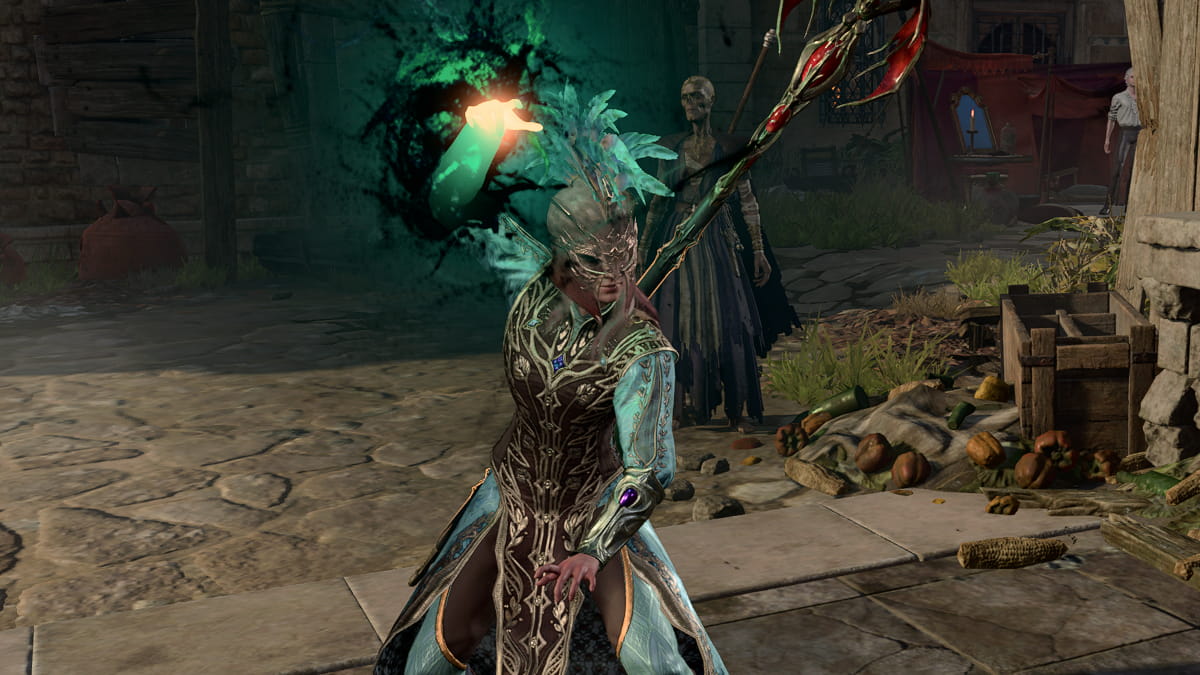





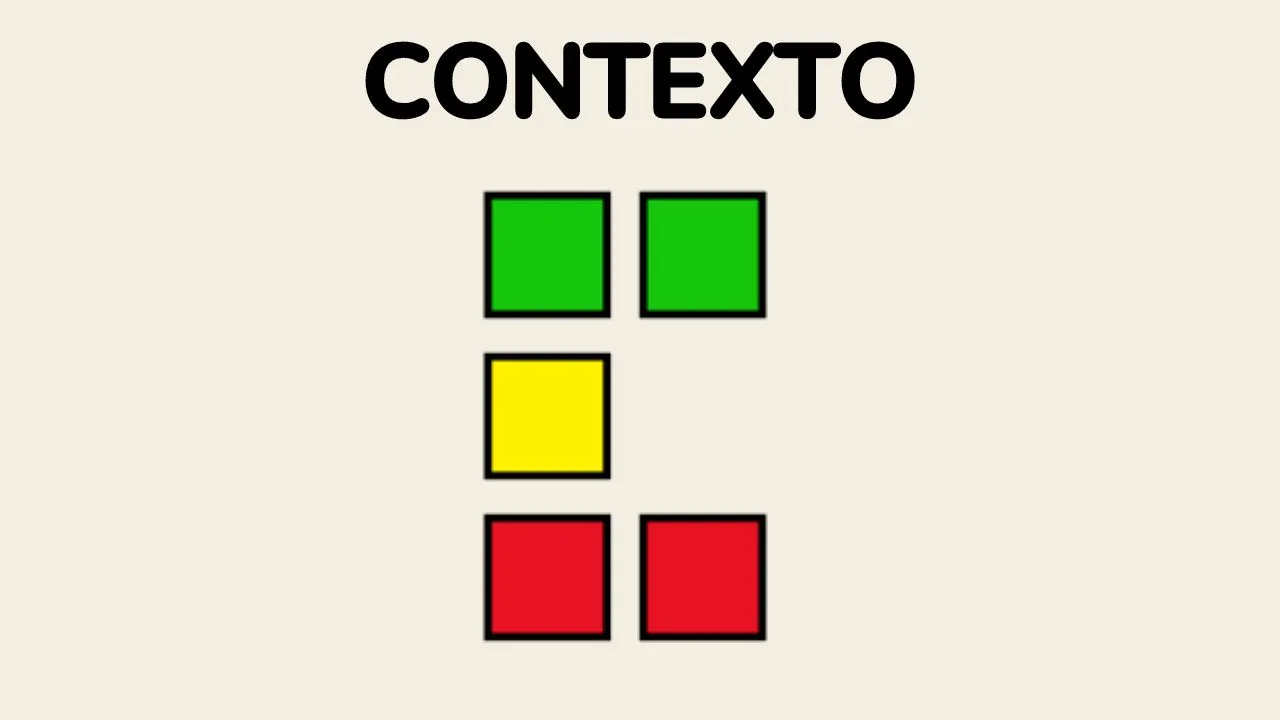




.png?width=1920&height=1920&fit=bounds&quality=70&format=jpg&auto=webp#)


























